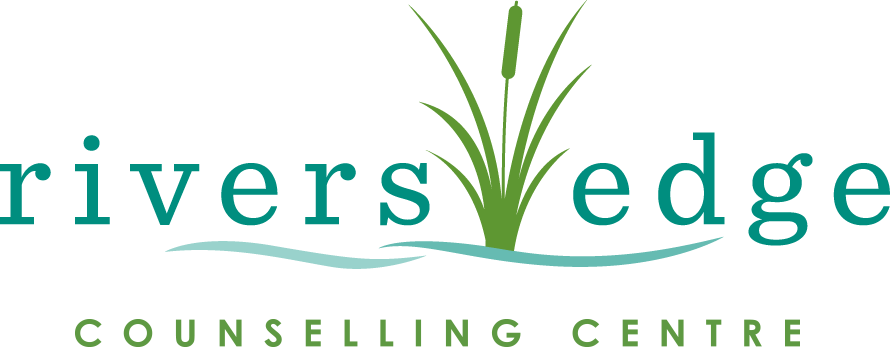Canadians' mental health has declined because of the pandemic, new studies suggest, and psychologists predict more troubles ahead as we come out of it.
Statistics Canada published a report May 27 on Canadians’ mental health during the COVID-19 pandemic based on a crowd-sourced questionnaire of 46,000 people. While the questionnaire was not considered representative of Canada as a whole (as its participants were not randomly selected), its results were consistent with several recent nationally representative surveys.
The questionnaire found 46 percent of respondents had very good or excellent mental health as of late April/early May, compared to the 69 percent of all Canadians who did in the 2018 Canadian Community Health Survey. About 24 percent reported fair/poor mental health, compared to just eight percent in the 2018 survey.
These results line up with those of the April 24 Canadian Perspective Survey, which found just 54 percent of Canadians ages 15 and up reported very good/excellent mental health during the pandemic. A May 11 poll by Ipsos of 1,000 adult Canadians found 56 percent reported worse mental health due to the pandemic.
The questionnaire found 88 percent of participants reported at least one symptom of anxiety in the two weeks prior to the survey, with 41 percent of those whose mental health had worsened during the pandemic having symptoms consistent with moderate or severe anxiety. Like the Canadian Perspective Survey, the questionnaire found youths were the most likely (64 percent) to report worse mental health since the start of physical distancing, while seniors were the least (35 percent).
No big surprise
Psychologist Kjariene Seymour of St. Albert’s Rivers Edge Counselling Centre said she is only slightly surprised by these results.
“COVID is kind of a perfect storm for anxiety and depression,” she said, as it has disrupted schools and workplaces and cut off many of the social activities people use to cope.
Seymour said the pandemic has worsened pre-existing conditions for some and laid bare struggles they’ve previously ignored for others. She is seeing more couples issues between people not used to spending all day with each other, and more kids who are missing out on school or friends.
Seymour said she is a little surprised to see less severe impacts on seniors, as she has counselled many who are lonely or worried about their health due to the pandemic. These results could reflect the fact that many seniors already live isolated lives and wouldn’t be as affected by physical distancing.
St. Albert’s Alysha Moore said she’s seen a spike in the severity but not the volume of cases she has been taking as a psychiatric nurse with the Edmonton-area mobile mental health unit Access 24/7 since the pandemic started.
“People are definitely more distressed,” she said, and many of these cases are pandemic-related, whether they involve frustration with physical distancing or fears of the virus.
Seymour and Moore said they saw a dip in cases in the initial weeks of the pandemic as people focused on immediate physical needs followed by a more recent spike as mental health issues became too acute to ignore. Moore said many clients weren’t reaching out for help until their problems became a crisis, as most non-crisis mental health services are closed right now.
Trouble ahead
Seymour said some of her clients reported more anxiety now that Alberta’s economy is opening up, whether it be due to a fear of going back to work or the belief that the reopening would cause the disease to spread.
“For some kids I’ve worked with, it’s going to be difficult to get them to go back to school,” she said, as they may have been bullied there and prefer to stay home. Still, she said it is important to get these kids back to school so they could develop vital social skills.
COVID-19 and the economic recession it has caused will have profound long-term effects on Canadians’ mental health, said University of Alberta psychiatry professor Peter Silverstone. Expect grief, anxiety and PTSD (especially in health care workers) to rise as the economy reopens, with the recession multiplying their effects.
“Alberta already has the highest rates of suicide across Canada as well as the highest rates of domestic violence,” he said, and there’s real concern that these and other negative effects will rise in due to the pandemic.
Seymour and Moore encouraged anyone with mental health concerns to reach out for help. Alberta Health Services’ Access 24/7 line (780-424-2424) is a good starting point, as it can direct you to local supports and have specialists visit you on-site in emergencies.
“It’s so easy for us to look at what has been temporarily taken away from us,” Moore said. Instead, she suggests focusing on what you can still do. You might not be able to hug Grandma right now, for example, but you can still visit her in the driveway and hug a stuffed animal.
The Statistics Canada report can be found at bit.ly/2zHP5H9.
*Article originally appeared here - https://www.stalberttoday.ca/local-news/pandemic-harms-mental-health-surveys-find-statistics-canada-kjariene-seymour-alysha-moore-2395123

